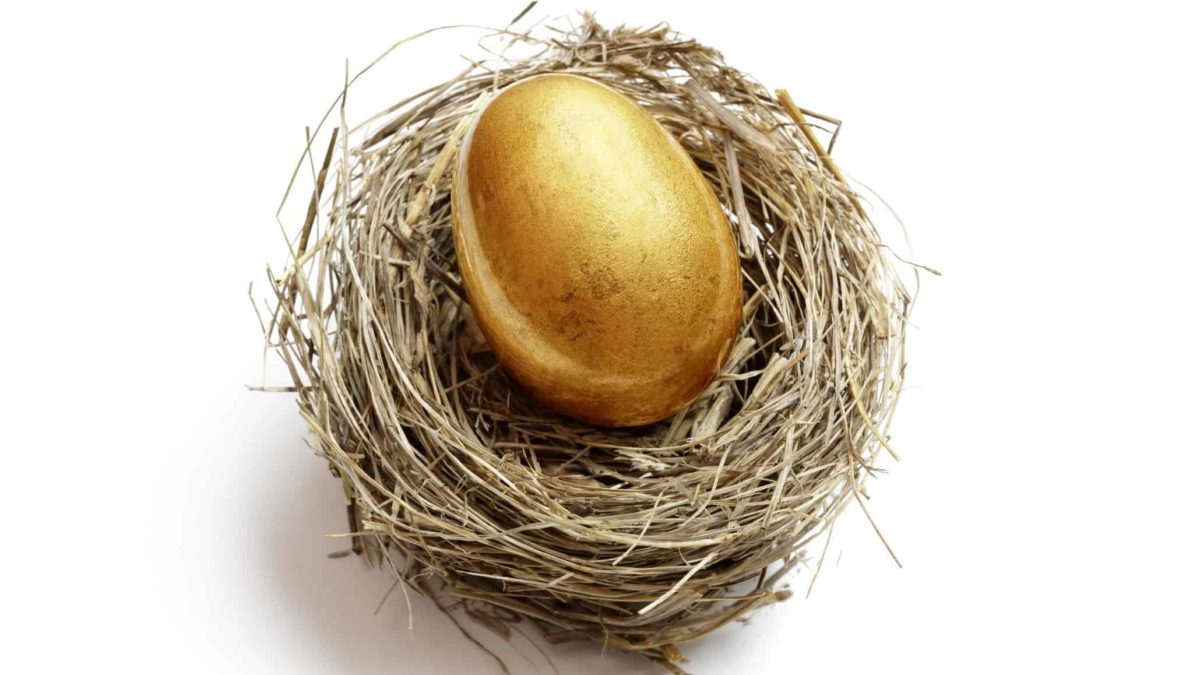Many investors don't think about investing more in super. It's easy to just consider buying ASX shares within your taxable brokerage accounts. However, buying your favourite companies directly or indirectly through your retirement accounts can have some powerful benefits.
Investing more in super to lower your tax bill
The most obvious benefit about investing more in super is paying less tax. Using a simple tax calculator, an individual with $100,000 of taxable income would pay an estimated $24,497 in tax.
Let's assume that this investor receives the 9.5% p.a. Superannuation Guarantee, or $9,500, from their employer. By maxing out their concessional contributions at $25,000 per annum, that investor would lower their taxable income by $15,500 to $84,500.
That means the FY20 tax bill would be lowered to $19,172, representing a 21.7% reduction. Those additional contributions to super will be taxed at 15%, but that could be much lower than the marginal tax rate paid on your income. Clearly, investing more in super can have some powerful advantages when it comes to tax time.
Generate stronger after-tax returns
The favourable tax treatment also happens within the portfolio. If you buy ASX shares like Afterpay Ltd (ASX: APT) within your super, any capital gains are taxed at the marginal level. For the super fund, that's likely to be 15% compared to 19% to 45% if it was in your brokerage.
Here's a quick example. Let's say you want to buy a broad market index like Vanguard Australian Shares Index ETF (ASX: VAS). If you purchased 5 years ago, you'd be sitting on a tidy 16.0% gain before including dividends. However, you then need to realise that gain at some point by selling your units in that fund.
If you're a high-income earner on $200,000 per annum, that means 50% of those capital gains will be taxed at 45%. However, by investing more in super, those gains will be taxed at just 15% for the super fund which represents more money in your pocket come retirement.
On top of that, accessing super after 60 as either a super income stream or lump sum could be tax-free. Of course, there are strict eligibility criteria around this sort of stuff and its best to check with a qualified professional beforehand.
Nevertheless, there are some tasty tax breaks on offer for those willing to invest more in super.
Foolish takeaway
Investing more in super is not for everyone. It's important to make all investment decisions in the context of personal financial circumstances, goals, age and many more factors.
Super does have its drawbacks like regulatory risk and significant lock-up period. However, if it fits your strategy, super could be a useful tool for a good retirement.


